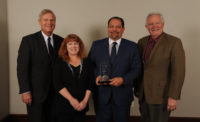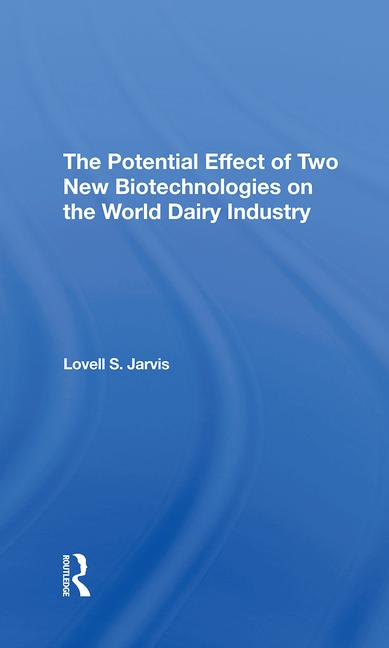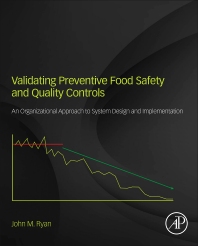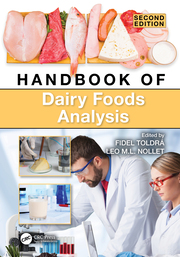Export group cites achievements

Continued investment in plants, personnel and products geared specifically for exports are tangible indicators of the dairy industry’s long-term focus on developing and sustaining international markets. In a press release, the U.S. Dairy Export Council stated that gains in these areas in 2014 underscored that export success demands commitment and a consistent presence.USDEC, Arlington, Va., is funded by the dairy checkoff program.
The organization said highlights of 2014 include:
- Collaborated closely with U.S. and Chinese officials to ensure that U.S. plants met newly implemented import regulations before and during a series of plant audits in May 2014.
- Sponsored the Consortium of Common Food Names, which, by working with Congress, U.S. and foreign government officials, has developed a multi-national, multi-product effort to defend common cheese names from European Union confiscations.
- Developed a close working relationship with U.S. negotiators to maximize the benefits for U.S. dairy from the Trans-Pacific Partnership free trade agreement.
- Provided tools for the U.S. dairy industry and its suppliers to use in response to the far-ranging impacts in the event of an overseas food safety crisis involving dairy.
- Created a new “Why U.S. Dairy” industry positioning to elevate the U.S. industry on the global level.
- Implemented a new cheese program to capitalize on sharply rising cheese demand and exports to Vietnam.
- Supported U.S. suppliers to expand their product portfolios to capitalize on global opportunities in whole milk powder, UHT milk and milk protein concentrate.
- Built in-house research capabilities to deliver one-of-a-kind insights on overseas market conditions, prospects and tactics.
- Provided actionable technical assistance to U.S. milk powder suppliers seeking to improve customer satisfaction by reducing quality issues related to spore formation.
- Expanded the Testopedia, a unique online reference that collects and catalogues product test methods used by overseas regulators and customs authorities to minimize import clearance and quality concerns.
- Worked closely with the Whey Protein Research Consortium to support clinical studies that in 2014 yielded findings that lay the groundwork for greater whey protein utilization in the developed and developing worlds.
Looking for a reprint of this article?
From high-res PDFs to custom plaques, order your copy today!








